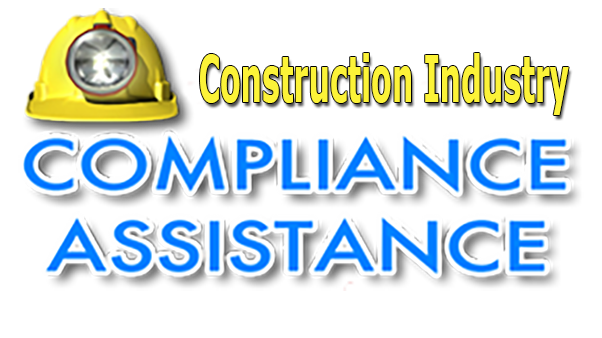
Release Reporting
Whether a release must be reported, and by and to whom, is dependent on the type of substance involved, the amount released, whether the release is into the air, water or land, the state where the release occurs, whether it is a one-time or continuous discharge, the SIC code of the industry involved, and other factors. The material below is intended only to summarize the highlights of the reporting requirements. Construction site operators should consult legal counsel in the event of a release to determine the reporting, corrective action and other legal requirements applicable to the situation.
Oil Spills
EPA (and the states) requires that spills of oil to navigable waters or adjoining shorelines must be reported. Owners and operators of facilities (which includes construction sites) that discharge oil must report the spill. EPA has determined that reportable spills include those that:
- violate water quality standards
- cause a sheen upon, or discoloration of, the water surface or shoreline
- cause a sludge or emulsion to be deposited beneath the water or on the shoreline
Hazardous Substances Releases
The emergency notification requirements of CERCLA and EPCRA (Emergency Planning and Community Right to Know Act) apply to releases of most hazardous substances into the environment—including air, water, land, and groundwater. Releases of any hazardous substance listed in CERCLA regulations in an amount equal to or greater than the "reportable quantity (RQ)," and all "extremely hazardous substances" listed under EPCRA must be reported.
Depending on the substance involved, the amount, and whether it was in transit at the time, reporting may have to be made to:
- National Response Center (800-424-8802)
- US Department of Transportation
- State Emergency Response Commission
- Local EPCRA Emergency Coordinator
- Other State-required officials
Prompt written follow-up reporting is required. State and local governments may require information in addition to that required by EPA.
State Requirements
Spill reporting requirements at the state level are summarized on the EPA sponsored website Transportation Environmental Resource Center, based on information from state agencies' websites. Always check with your state to confirm reporting requirements.
